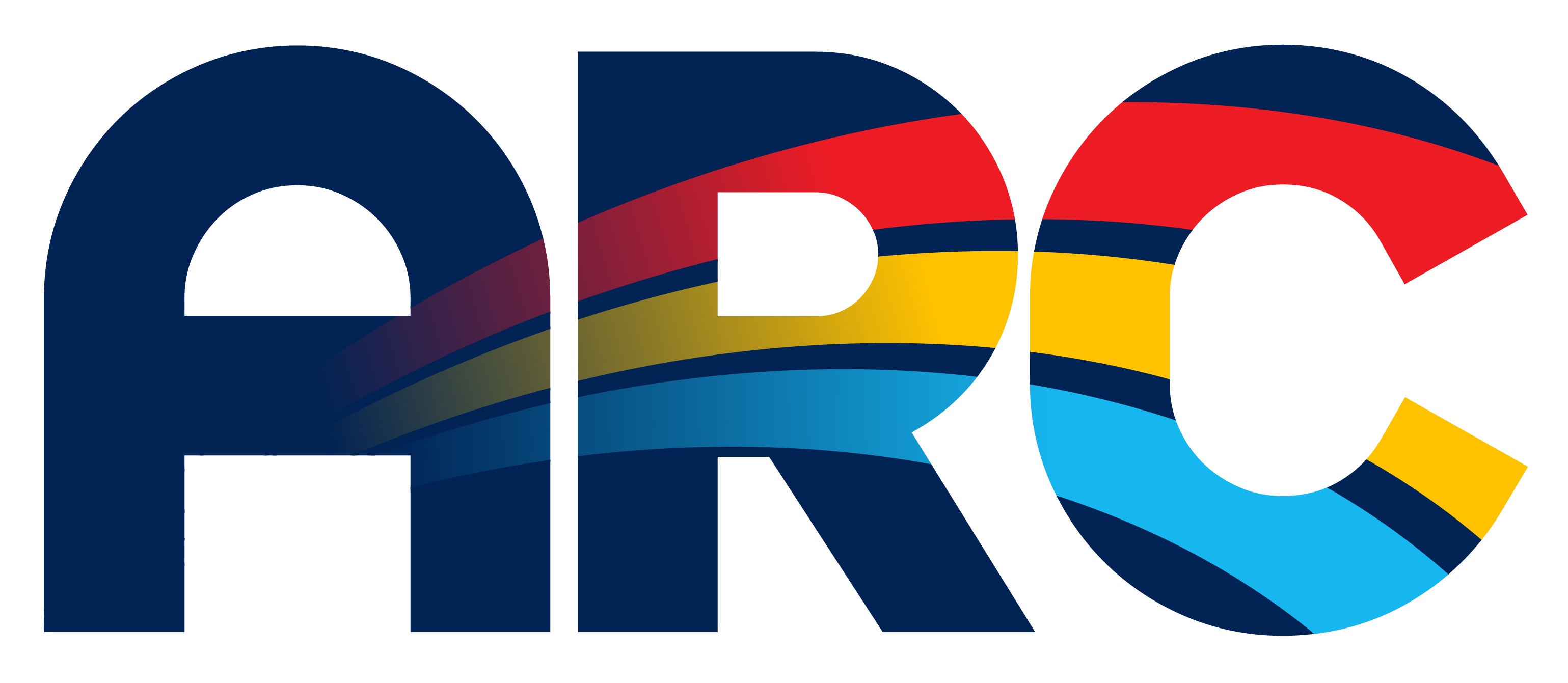Animal Assisted Therapy: A Study To Understand The Impact Further for Children with Developmental Disabilities
Presenter Status
Graduate Student
Session
F-4
Location
Buller Room 208
Start Date
15-5-2015 3:15 PM
End Date
15-5-2015 3:40 PM
Presentation Abstract
Children diagnosed with a developmental disability often exhibit symptoms that impact their functioning in social settings (DeVeney, Hoffman, & Cress, 2012; Reed, Ferrer, & Villegas, 2012). One possible intervention is animal assisted therapy (Reed, Ferrer, & Villegas, 2012). Preliminary research on children has indicated that there is the potential for animal assisted therapy to improve socio-cognitive functioning and diminish irritability in social settings (Kogan, Granger, Fitchett, Helmer, & Young, 1999). However, analyses of previous research studies have raised methodological concerns regarding the validity and reliability of the research frameworks and results (Fiksdal, Houlihan, & Barnes, 2012). This dissertation study will review the literature on animal assisted therapy and then propose a research methodology using a pre-post test study design involving purposive sampling with in-person interviews of children with developmental disabilities. All clients who are included in the study will have been diagnosed with a developmental disability and will have a documented impact on socio-cognitive functioning. The use of animal assisted therapy in this population has the potential to support positive social interactions for children. The implications for this form of therapeutic intervention will be discussed.
Animal Assisted Therapy: A Study To Understand The Impact Further for Children with Developmental Disabilities
Buller Room 208
Children diagnosed with a developmental disability often exhibit symptoms that impact their functioning in social settings (DeVeney, Hoffman, & Cress, 2012; Reed, Ferrer, & Villegas, 2012). One possible intervention is animal assisted therapy (Reed, Ferrer, & Villegas, 2012). Preliminary research on children has indicated that there is the potential for animal assisted therapy to improve socio-cognitive functioning and diminish irritability in social settings (Kogan, Granger, Fitchett, Helmer, & Young, 1999). However, analyses of previous research studies have raised methodological concerns regarding the validity and reliability of the research frameworks and results (Fiksdal, Houlihan, & Barnes, 2012). This dissertation study will review the literature on animal assisted therapy and then propose a research methodology using a pre-post test study design involving purposive sampling with in-person interviews of children with developmental disabilities. All clients who are included in the study will have been diagnosed with a developmental disability and will have a documented impact on socio-cognitive functioning. The use of animal assisted therapy in this population has the potential to support positive social interactions for children. The implications for this form of therapeutic intervention will be discussed.



